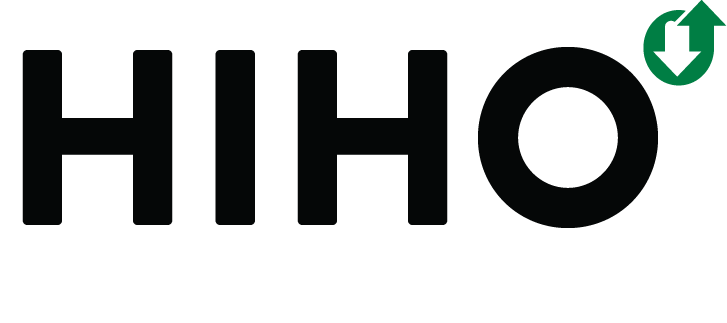Boundaries in the time of COVID
Photo by Will Francis on Unsplash
Remember when we used to “go” to work? When you could close the door to your office? Put a sign up that said Please Do Not Disturb? When you got to actually leave work and didn’t feel like you had to answer every text or email or slack message? Put on your headphones as a sign to your office mate to please for the love of everything be quiet and/or I’m ignoring you for a while? Me too. Those were the good ol’ days of February 2020.
In our ever connected and more-reliant-on-tech world that now includes working from home, it gets harder and harder to set boundaries and not be available 24/7. I live in a cozy one-bedroom apartment. In this small apartment I have an iMac, a MacBook, an iPad and iPhone (Apple - I’m here and ready to be a brand ambassador at any time!) I can’t take more than a few steps without running into some sort of communication device.
not everything is a crisis and deserves my immediate attention
So what do we do? I like things in threes so here are three things I’ve been thinking about recently in regards to boundaries:
1) What is my mindset?
Yes, we’re living through a global pandemic (insert scream here), but even then, not everything is a crisis and deserves my immediate attention. That might be tough for whoever is sending you the email or text message to hear, but it is the truth. How do I think about and structure my work time and my non-work time? When is lunch? (Yes, you still get a lunch break!)
If you had a routine before, where you blocked off time to email, to brainstorm, to make phone calls - try to keep that as much as possible as you work from home. This isn’t easy, nor is it always possible, but we have to start somewhere and we are creatures of habit.
2) Where are you physically working?
Do you have a separate place in your tiny apartment that is where you do the majority of your work? I have a small table inside and one outside that are my “work” spaces. The couch and the bed are MY spots. Little to no work happens there. MINE! The commute from my bed to the table or the table to my couch at the end of the day aren’t as long or maddening as they used to be, but I still do what I can to “leave” work. It’s also important to think about how we transition from home to work and work to home. For me that is music or public radio or a podcast. Just because I’m not sitting in an hour of traffic doesn’t mean that I don’t get some of that transition time. It might be a few less songs of my favorite playlist, and I may only get halfway through that podcast, but it still offers me a way to shift gears.
3) Managing expectations and helping people understand what your boundaries are.
Has your schedule changed because the kids are home? Are you more productive at midnight than you are at noon? Will you answer emails within a 48 hour window? There’s lots of possibilities here. Are you grouchy or irritated with coworkers because they’re calling you at all hours? If you are, and if you resent them quietly without saying anything, then that is on you. Have the conversation. More often than not, they will understand and probably say something about wishing they were better at boundaries too.
You can even inject some humor - for a while I was getting texts on weekends from my boss. I would evaluate the level of attention it deserved, and if I responded - I would always ask how their self care was going. It was subtle, if not a little snarky, and a reminder to both of us that we don’t have to work every second of every day.
Not all of us were good with boundaries before COVID - and it is still a work in progress for many of us. Some of us are dealing with crisis situations for periods of time. What do we do to recover? Boundaries are one of the best kinds of self care around - even though we generally like to think about Netflix and pedicures - establishing and maintaining boundaries is something that can set us up so that we don’t get to that awful place of burn out.
Post by: Jessica Garlock, HIHOED Team Instructor jessica@hiho.org // Photo by Will Francis on Unsplash

